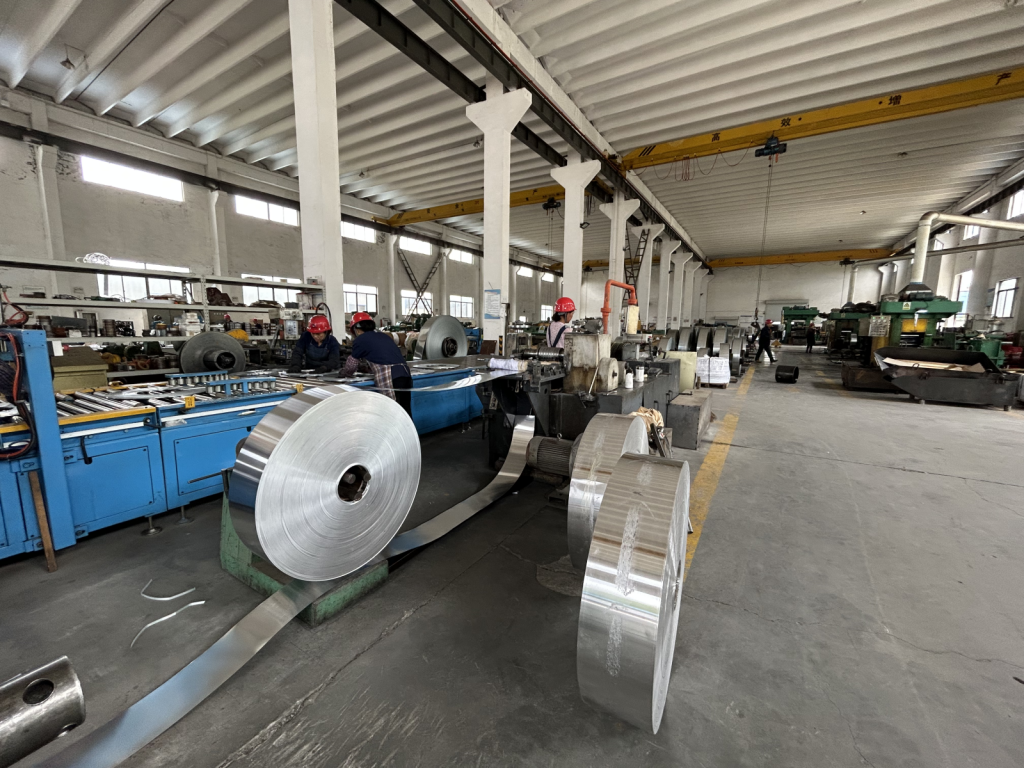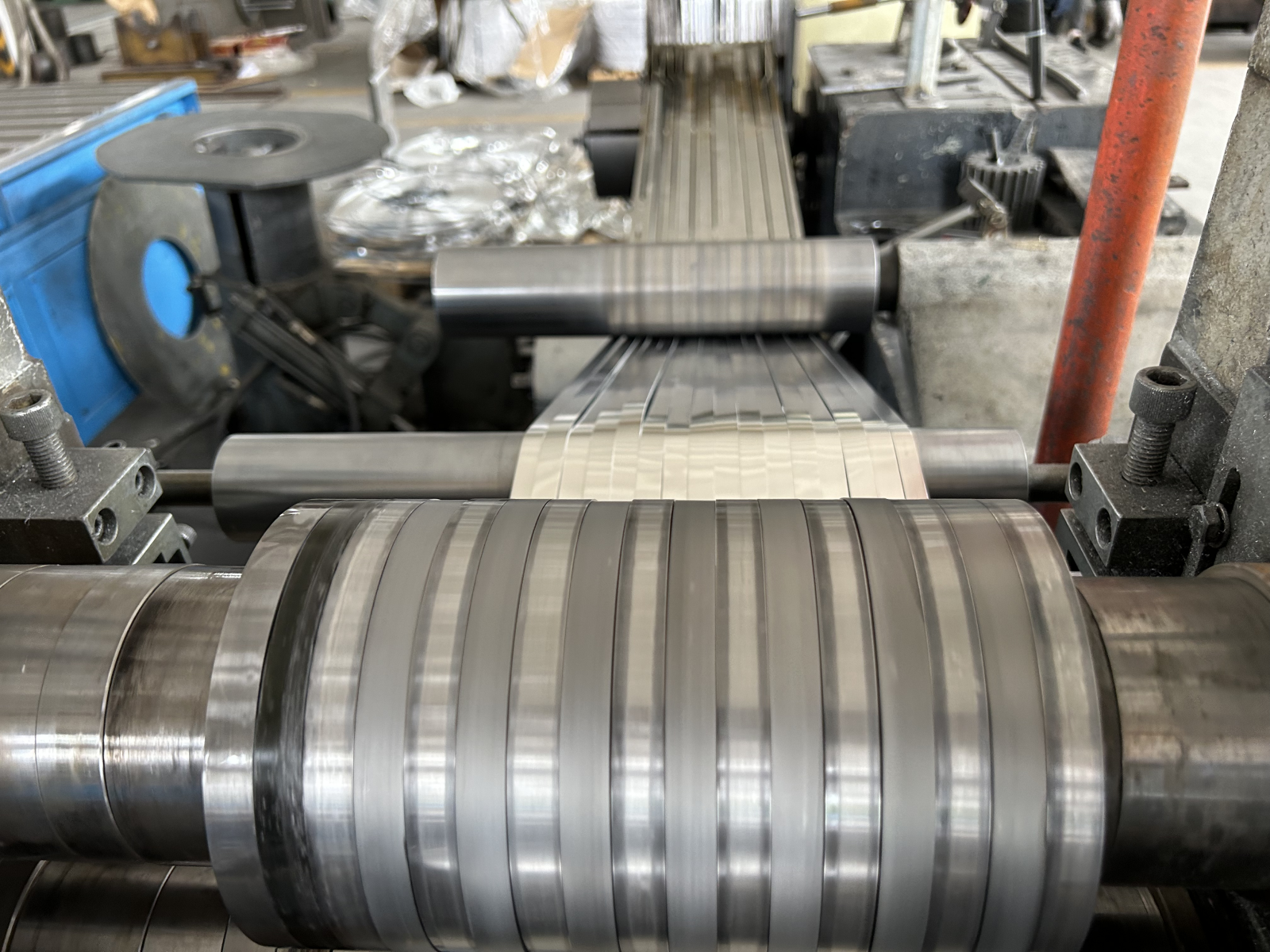Zinc alloys are widely used in various industries, including construction, electrical engineering, and automotive, among others. This material is known for its high strength, durability, and cost-effectiveness. However, one of the major concerns when using zinc alloys is their corrosion resistance.
Understanding Zinc Alloy Corrosion

Corrosion is a natural process that occurs when metals are exposed to the environment. Zinc alloys are no exception. The corrosion of zinc alloys occurs when the metal reacts with environmental factors, such as moisture, oxygen, and pollutants, to form oxide or hydroxide compounds. These compounds further react with the metal, resulting in the degradation of the alloy’s surface layer, thus leading to corrosion.
The rate and severity of corrosion depend on several factors, including the alloy composition, the surrounding environment, and the exposure time. To combat the corrosion of zinc alloys, various techniques are used, including plating, surface coating, and alloy purification.
Corrosion Resistance of Zinc Alloys
Zinc alloys are known for their high corrosion resistance properties, making them an ideal choice for many applications. The corrosion resistance of zinc alloys arises from the formation of a corrosion-resistant layer of zinc oxide/hydroxide on the surface. This layer protects the underlying metal from further corrosion and serves as a barrier between the alloy and the environment.
The corrosion resistance of zinc alloys can be enhanced by using different alloys, zinc-aluminum magnesium (ZAM) alloys, spraying coatings, or plating to prevent the formation of the zinc oxide layer. The use of surface coatings, like oil, or galvanizing, which applies a layer of zinc coating to the material surface through hot-dip galvanizing or electrolytic plating, are widely preferred to enhance the material’s corrosion resistance.
Moreover, when using zinc alloys in harsh environments or corrosive liquids, it is best to use surface treatments, that act as a barrier enhancing the corrosion resistance, or reduce the exposure of the material to these environments. Employing anti-corrosive elements such as chromium improves the corrosion resistance of zinc alloys.
5 Factors That Affect Zinc Alloy Corrosion Resistance
- Composition: The composition of a zinc alloy plays a significant role in its corrosion resistance. Adding other metals may enhance the corrosion resistance of the material.
- Environment: Zinc alloys corrode when exposed to harsh environments, including high salt solutions, acidic or alkaline substances, and industrial chemicals, among others.
- Exposure time and temperature: The longer zinc alloys are exposed to corrosive environments and higher temperatures, the more susceptible they are to corrosion.
- Surface Finish: Surface treatment of the material influences adhesive properties of the oxide layer and subsequently corrosion resistance.
- Alloy contamination: impurities in the alloy or corrosion inhibitors used during the manufacturing process helps to minimize the corrosion of zinc alloys.
Conclusion
In summary, zinc alloys are corrosion-resistant materials due to their ability to form a protective oxide/hydroxide layer on their surface when exposed to the environment. Zinc alloys are highly preferred by industry because of their cost-effectiveness, high strength, and durability at high temperature. However, the corrosion resistance of zinc alloys can be affected by various factors, including environment, composition, exposure time, surface finish, and contamination. Techniques, such as surface coatings and plating, can be employed to enhance the alloy’s corrosion resistance properties. It is best to assess the application and environment before selecting the surface treatment appropriate to enhance the material’s corrosion resistance.
